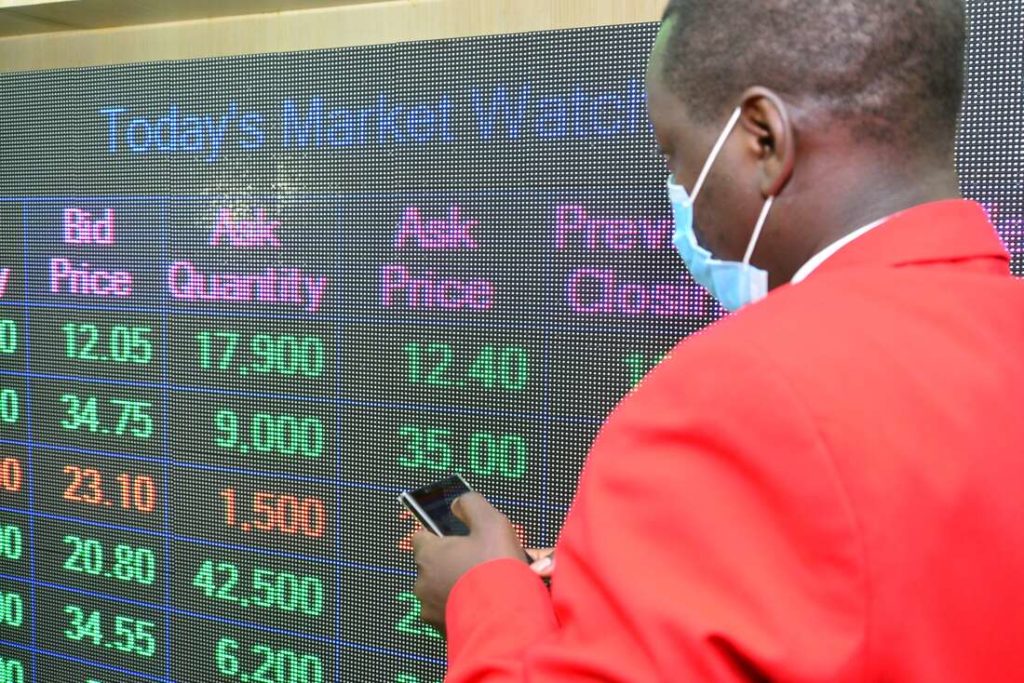Outsized stock price gains for Safaricom #ticker:SCOM means the telco’s shares have attained unusual status: a concentration of 60 per cent of the total market capitalisation.
This is a worrisome concentration that is already undermining the interpretative value of the NSE 25 share Index – proxy for the overall market.
Even casual observers of the market likely can’t help noticing that the stock has a greater weight in the NSE 25 share Index than the eight of the other industry sectors, including banking and manufacturing groups.
This simply means the share index is narrow and does not represent the “true”market. In other words, it’s fortunes are tied to the telco.
Indeed, at some point, Safaricom will no longer prop up the market and will instead weigh it down. This is not sustainable.
Granted, Safaricom’s increasingly heavy weight is spurred by its strong outperformance; since the start of 2019, its share price has doubled while the NSE Share Index has only gained 7.2 per cent.
High growth expectations anchored on its entry into new markets, stronghold on market share and new products suggests “the current concentration may be more sustainable” and that a hard fall may not be a real concern.
Furthermore, the top heaviness of the market is not entirely a “Safaricom affair”. The top nine issues (excluding Safaricom) in the NSE 25 Share Index accounted for close to 30 per cent of the index’s weight as at June 2021.
But be that as it may, Safaricom’s concentration has created some real distortion. Being a growth stock, its 60 per cent concentration means the benchmark is very much skewed toward growth.
Moreover, when excluding Safaricom’s from the NSE 25 Share Index, the local market has not moved at all. Its extreme concentration is clearly giving an unreliable view of the equity markets.
Looking at the problem closely, all this arises from how this index is calculated. The NSE 25 Share Index is a market-cap weighted index, which means that large stocks carry more influence (the NSE 20 Share Index is price weighted).Typically, market cap-weighted indices, by construct, take on heavy structural biases that evolve over time meaning strong performance easily drives up any stock’s weight in the Index.The big question; are there any alternatives to capitalisation-weighting? Not a perfect answer but an equal-weighted index is a good alternative.An equal-weighted Index will contain the same 25 names but assigns the same weight to each of weighting them by size. Thus, […]
